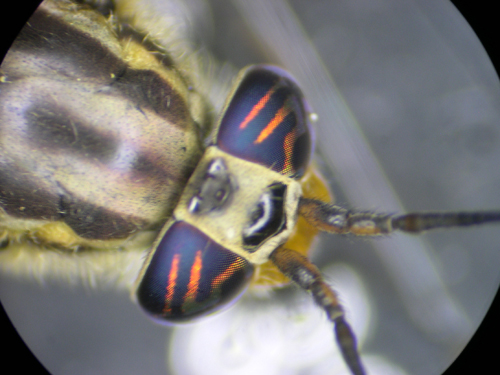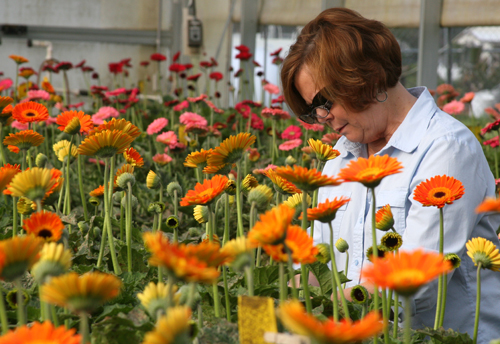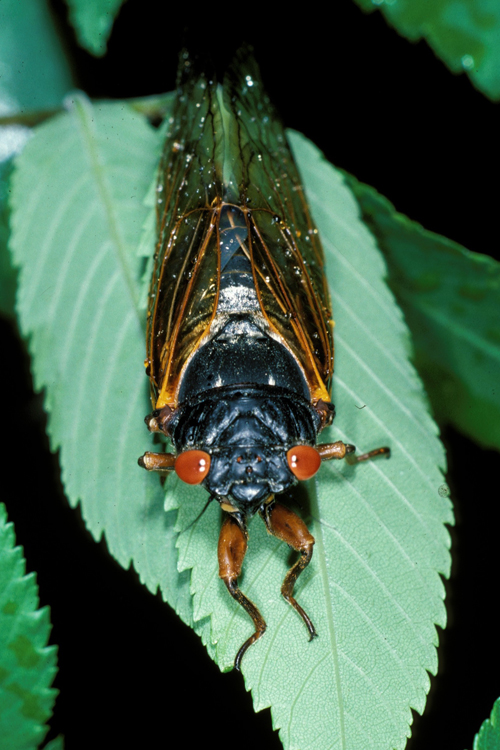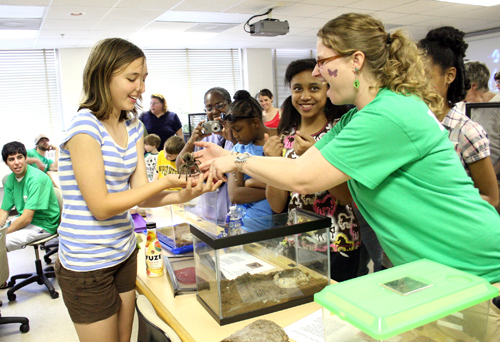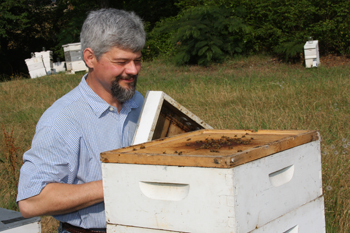 CAES News
CAES News
Honeybee money
Millions of bees die each year due to a phenomenon known as Colony Collapse Disorder. Scientists believe a combination of factors contribute to CCD, including pesticides, environmental and nutritional stresses and pathogens.

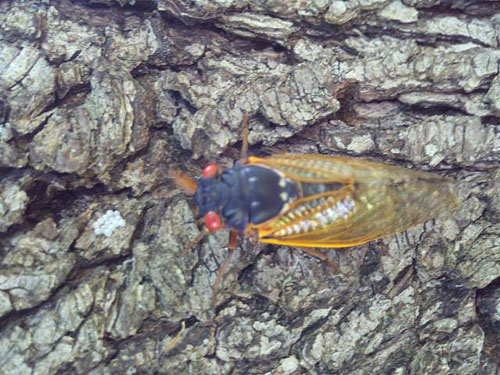
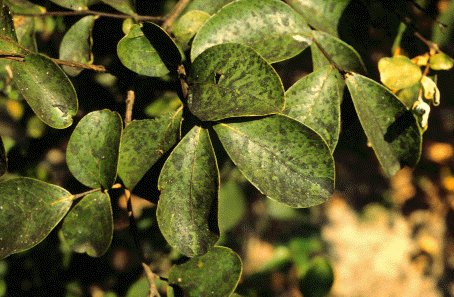
Small.jpg)

